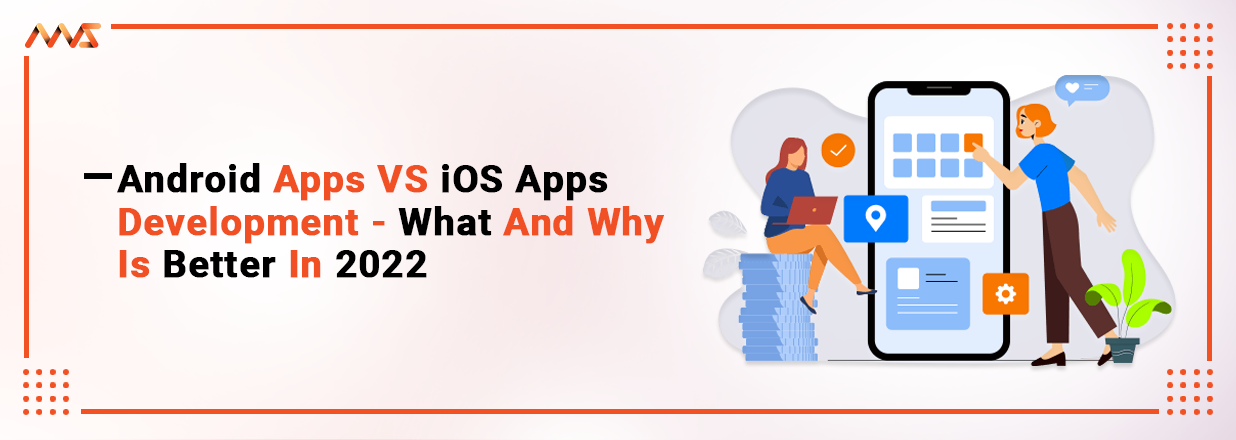In development, face challenges when choosing between Android and iOS development. Although similar in architecture, both systems have different approaches to development and maintenance. The two Apps are other at the development level and in their design and marketing strategies.
This blog describes the differences between iOS and Android App development. Thoroughly risk choosing either operating system. By the end of the post, you will know if iOS or Android is suitable for your business and project.
The development of iOS and Android apps use different technology stacks. The first has its own Swift language for app development, and the second relies heavily on the programming language as an alternative.
Android And iOS App Development Environment
Android developers use an integrated development environment that provides cross-platform support, high readability, and extensive development and debugging capabilities. iOS developers, this Apple-backed solution offers various troubleshooting tools, supports all iOS devices, and can be easily bypassed.
- Partitioning is used in developing Android apps; a coding team must break the app into fragments and activities. A single activity corresponds to one app screen; if a developer works on a project with multiple screens, they will manage dozens of activities.
Android & iOS What To Choose For Business
Each activity contains fragments, user interface elements frequently used to navigate between activities, enter values, or open a new app screen. View controllers are central to the architecture of iOS applications. Several types of such are used in app development, including page view, tab, and split view controllers.
"Consider the benefits and drawbacks of each platform when deciding between Android and iOS development. But it would be best if you based your choice on your budget, business idea, time to market, and other factors discussed in this blog."
The first step for iOS or Android in resolving the "Android apps vs iOS apps" debate is identifying your app's target market. To be safe, learn about the differences in the tech stacks of both platforms, how much each app will cost you, and how long the project will take.
Note Point-: Consider whether it is more important to have a more significant number of users or fewer users who frequently engage when deciding between iOS and Android app development. This decision is heavily influenced by how you intend to monetize an app.
Android has a larger audience, whereas iOS has more engaged users.
In addition to releasing apps for public download, iOS provides developers with an enterprise distribution model. Companies can distribute tools in this manner among team members or a select group of individuals. You will be able to distribute apps under a private license and access a comprehensive set of beta-testing tools, advanced development, and testing utilities.
Increased speed and reusable regulation unified interface for both platforms.
For Example -: Each device can only have one copy of an app. So, suppose a user has a security-restricted copy of an app the company provides. In that case, the user cannot also have a free version of the same app for personal use. Android App Security has a dubious reputation, mainly because no one owns it.
Takeaway
Choosing between iOS and Android application development is difficult because both have advantages. If you are looking for App development for a project or business, Please get in touch with our team; we will gladly assist you. And if you're not sure how we can help, take a look at our time- and budget-limited plans to see if there's anything you need from there.


